Tag: Insulin
-
Health
Improving cell therapy for diabetes
A team of researchers led by Harvard University scientists has improved the laboratory process of converting stem cells into insulin-producing beta cells from 30 percent to 80 percent.
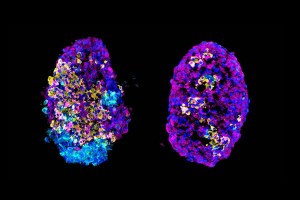
-
Health
Microneedle pill takes the sting out of insulin
A team of investigators from Harvard-affiliated Brigham and Women’s Hospital, MIT, and Novo Nordisk has developed a microneedle pill that can deliver an oral formulation of insulin that can be swallowed rather than injected.
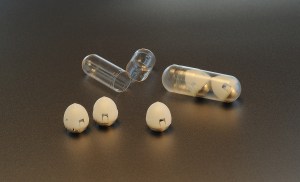
-
Health
Reprogramming cells, long term
Harvard Stem Cell Institute researchers have demonstrated that adult cells, reprogrammed into another cell type in a living animal, can remain functional over a long period. The work is an important advance in the effort to develop cell-based therapies for tissue repair, and specifically in the effort to develop improved treatment for diabetes.
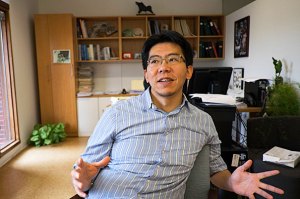
-
Health
Strategy for diabetes treatment
Harvard scientists have discovered a compound that inhibits insulin-degrading enzyme from breaking down insulin in the body.
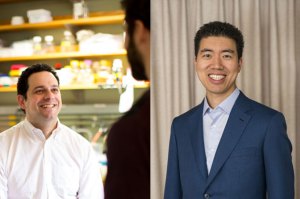
-
Health
Potential diabetes breakthrough
Researchers at the Harvard Stem Cell Institute have discovered a hormone that holds promise for a dramatically more effective treatment of type 2 diabetes, a metabolic illness afflicting an estimated 26 million Americans.
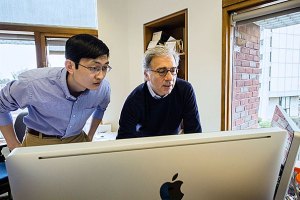
-
Health
Linking insulin to learning
Work led by Yun Zhang, associate professor of organismic and evolutionary biology, shows how the pathway of insulin and insulinlike peptides plays a critical role in helping to regulate learning and memory.

-
Health
Insulin and colon cancer linked
Researchers have found that colorectal cancer survivors whose diet and activity patterns lead to excess amounts of insulin in the blood have a higher risk of cancer recurrence and death from the disease.



